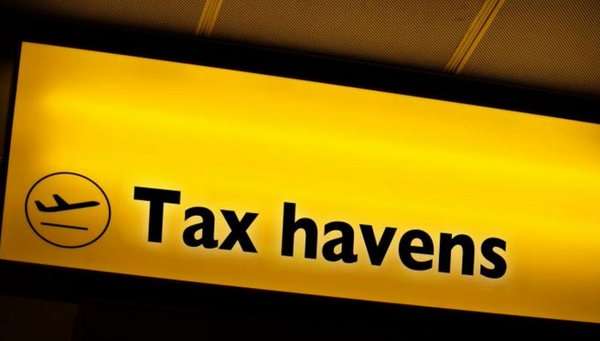Paradise Papers: Oxford and Cambrigde invested ten of millions offshore

The Paradise Papers have revealed that the prestigious British universities have committed significant sums to a hedge fund scheme related to investments in fossil fuels. The revelations are likely to increase pressure on both institutions over their investment policies. The universities of Oxford and Cambridge invested millions of pounds in offshore funds, according to revelations contained in the Paradise Papers.
Both universities are said to have invested in funds based in the Cayman Islands, a tax haven popular with many American and British hedge funds. The money, separated into two funds, one directly from the universities and the other from 29 Oxbridge (as the two universities are commonly referred to) colleges, is routed through so-called "blocker" corporations, which allows for avoiding a US tax on hedge fund investments and receiving dividends tax free, according to the revelations.
In 2006, Oxford invested $3.4 million in Coller International, a private equity firm based in Guernsey, and Cambridge invested $1.7 million in the same scheme, The Guardian reported.
Coller International’s biggest investment, of $1 billion, was with oil and gas company Royal-Dutch Shell and was related to fossil fuels production and exploration technologies.
According to Prem Sikka, professor emeritus in accounting at the University of Essex, as institutions receiving public money universities need to be more transparent when it comes to investments.
According to The Guardian, the revelation is likely to increase pressure on the two universities to divest from fossil fuels.
Both universities have already faced several calls in recent years to move away from carbon-based investments but these have so far gone ignored. A spokesman for Cambridge University said: "The Colleges and the University are charities and therefore their holdings in investments are tax-exempt in the UK, US and many other countries. This means there is normally no tax to pay.
On Sunday, the US-based International Consortium of Investigative Journalists (ICIJ), as well as multiple media, published materials, based on the leaked database of powerful individuals’ and corporations’ offshore activities.

